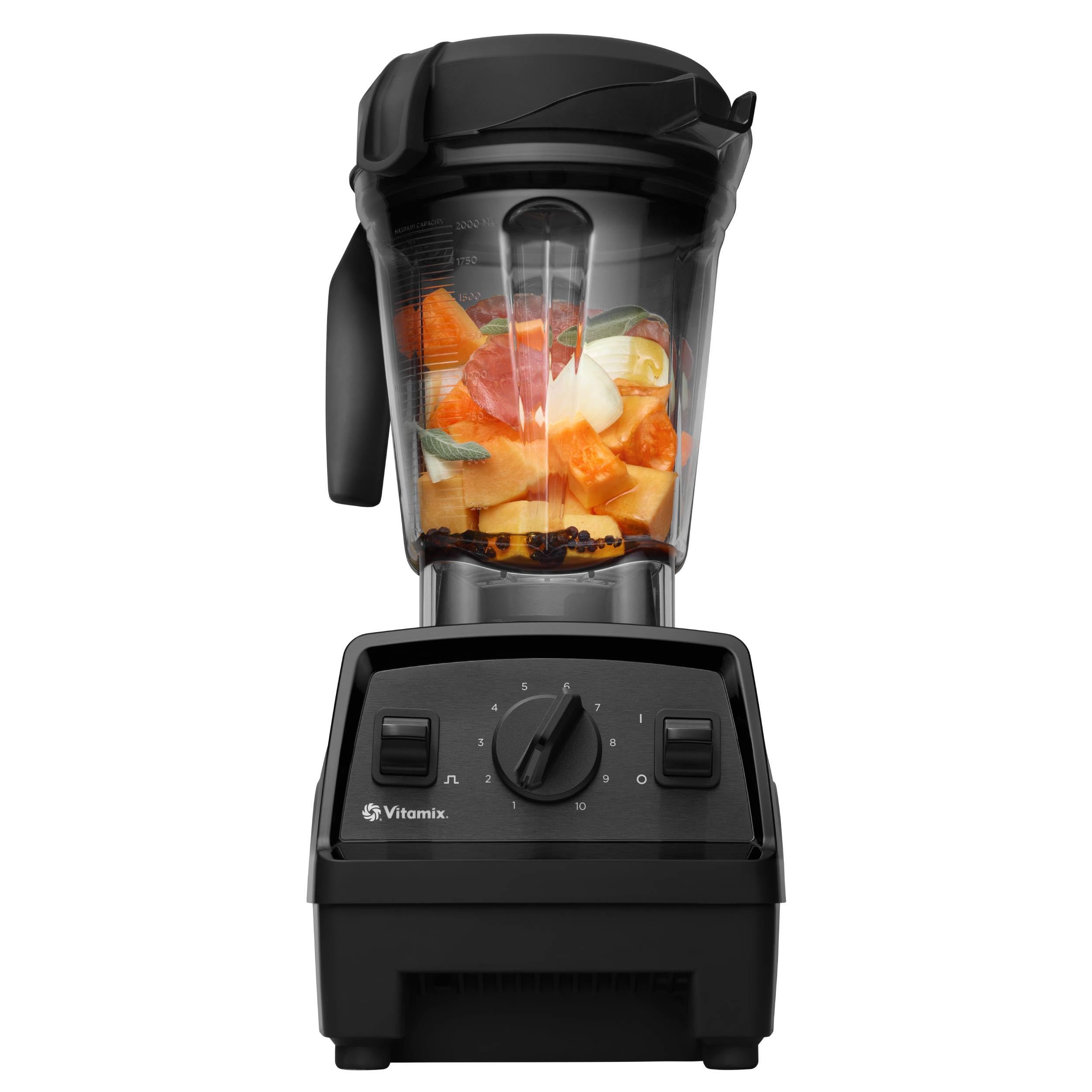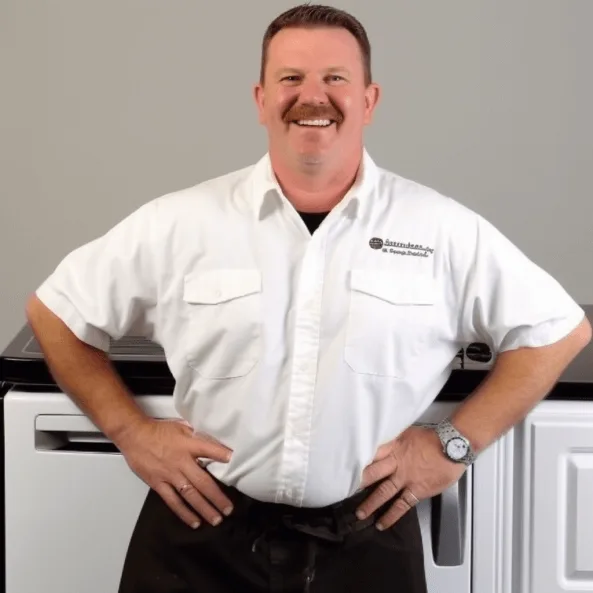Have you ever turned on your RV water heater only to hear nothing but silence? It’s a frustrating moment when you’re ready for a hot shower after a long day on the road. You’re not alone; many RV owners face this issue at some point.
Key Takeaways
- Common Causes of Ignition Failure: Dirty or faulty igniters, improper gas flow, and electrical issues can prevent your RV water heater from clicking and igniting.
- Troubleshooting Steps: Always verify the main power source, inspect the thermostat, check for a consistent gas supply, and replace any blown fuses to resolve ignition issues.
- Preventive Maintenance: Regularly clean igniters, inspect electrical connections, flush the tank annually, and check gas lines to ensure optimal performance of your water heater.
- When to Seek Professional Help: Persistent issues with ignition, electrical malfunctions, gas supply problems, unusual noises, or inability to resolve the issue indicate that a professional technician should be consulted.
- Importance of Regular Checks: Performing routine maintenance and inspections before trips helps prevent water heater issues and ensures a reliable hot water supply during your travels.
Common Causes Of RV Water Heater Not Clicking
When your RV water heater fails to click, several common issues might be at play. Understanding these can help you troubleshoot effectively.
Ignition Problems
Ignition problems often prevent the burner from lighting. Check the following:





- Dirty Igniter: A buildup of dirt can obstruct the igniter. Clean it with a soft cloth to enhance performance.
- Faulty Igniter: If the igniter doesn’t produce a spark, it might need replacement. Test it with an electrical multimeter to confirm functionality.
- Improper Gas Flow: Ensure the gas valve is open. If you’re using LP gas, check connections for any leaks.
Electrical Issues
Electrical issues can disrupt the water heater’s operation. Look for these potential causes:
- Blown Fuses: Inspect the fuse box. Replace any blown fuses that control the water heater.
- Bad Connections: Loose or corroded wiring might impede power. Tighten connections and clean any corrosion.
- Defective Thermostat: A malfunctioning thermostat can prevent the system from receiving a proper signal to ignite. Test it using a multimeter and replace if necessary.
Gas Supply Problems
A consistent gas supply is essential for the heater’s ignition. Consider these areas:
- Empty Tank: Check your propane tank level. If it’s low or empty, refill it to restore function.
- Clogged Gas Line: Over time, the gas line can get blocked. Inspect it for obstructions and clear any debris or buildup.
- Faulty Regulator: A malfunctioning gas regulator may limit the gas flow. Replace it if it shows signs of wear or damage.
By identifying these common causes, you can take actionable steps to restore your RV water heater’s functionality.
Troubleshooting Steps
Follow these troubleshooting steps to identify and resolve the issue with your RV water heater not clicking.
Checking The Power Source
- Check the main power switch. Ensure it’s in the “On” position.
- Inspect the circuit breaker. A trip could prevent the water heater from functioning.
- Test for voltage. Use a multimeter to check for proper voltage at the water heater connection.
- Replace blown fuses. If a fuse is blown, replace it and retry the heater.
Inspecting The Thermostat
- Locate the thermostat. It’s typically near the water heater.
- Verify settings. Make sure it’s set to the desired temperature.
- Test the thermostat. Use a multimeter to confirm it’s functioning properly.
- Replace if faulty. If it shows no continuity, replace it.
- Check for gas supply. Ensure your tank is full and the valve is open.
- Inspect for leaks. Spray soapy water on the connections; bubbles indicate a leak.
- Clear blockages. Ensure the gas line isn’t clogged. Remove debris if necessary.
- Confirm regulator function. A malfunctioning regulator could disrupt gas flow. Replace it if necessary.
Preventive Measures
Maintaining your RV water heater can prevent issues like it not clicking. Here are some essential steps to keep it in optimal working condition.





Regular Maintenance Tips
- Check Igniter: Inspect the igniter regularly for dirt or corrosion. Clean or replace it if necessary.
- Inspect Connections: Ensure all electrical connections are tight and free from corrosion. Use a multimeter to check for consistent voltage.
- Flush the Tank: Annually flush the water heater tank to remove sediment buildup. This prevents overheating and improves efficiency.
- Test the Thermostat: Routinely check the thermostat settings and functionality. Adjust or replace it if it doesn’t operate properly.
- Examine Gas Lines: Regularly inspect gas lines for leaks or blockages. A tight connection ensures proper gas flow.
- Winterization: Before winter, drain the water heater completely to avoid freezing. Disconnect the gas and power supply for safety.
- Pre-Trip Checks: Before embarking on a trip, verify all components. Check the gas level, inspect the igniter, and test the electrical connections.
- Spring Setup: After winter storage, inspect for any damage caused by cold temperatures. Reconnect gas and power supplies, and refill water before use.
- Routine Cleaning: Clean the exterior of the water heater. Remove dirt and debris that may affect airflow and efficiency.
By following these preventive measures, you enhance your RV water heater’s reliability and performance.
When To Seek Professional Help
You might encounter situations where troubleshooting the RV water heater doesn’t yield results. Recognizing when to involve a professional can save time and prevent further issues. Below are key indicators that professional assistance may be necessary.
Persistent Ignition Problems
If you’ve completed basic checks on the igniter and gas supply but still face ignition issues, seek professional help. Ignition failures beyond simple fixes warrant an expert’s assessment.
Electrical Malfunctions
If electrical components remain non-responsive despite checking fuses and connections, a professional evaluation is essential. Issues like wiring problems or faulty circuit boards often require specialized knowledge.
Gas Supply Concerns
If the gas supply checks out, yet the water heater still doesn’t ignite, consult a technician. Clogged gas lines or regulator problems might exist, needing professional tools to diagnose effectively.





Unusual Noises or Smells
If you hear strange noises or detect gas odors, act quickly and contact a professional. These signs often indicate serious concerns that warrant immediate attention.
Inability to Resolve Issues
If you cannot identify the problem despite following all troubleshooting steps, reach out for expert help. It’s better to seek assistance than to risk damaging the system further.
By keeping an eye on these indicators, you ensure a safe and functioning RV water heater. Don’t hesitate to call for help when needed.
Conclusion
Dealing with an RV water heater that won’t click can be frustrating but you don’t have to face it alone. By following the troubleshooting steps outlined in the article you can pinpoint the issue and hopefully get back to enjoying hot water on your travels.
Regular maintenance and checks can save you from future headaches and keep your water heater running smoothly. And remember if things still aren’t working after your efforts it might be time to reach out to a professional. Taking action now means more comfort on the road later. Happy travels!
Frequently Asked Questions
Why is my RV water heater making no noise when turned on?
A silent RV water heater could indicate ignition issues, electrical problems, or gas supply shortages. Check the igniter, circuit breaker, and gas levels to pinpoint the issue.
What should I check first when my RV water heater is not clicking?
Start by checking the power source. Ensure the main power switch is on, inspect the circuit breaker for any blown fuses, and test voltage with a multimeter.
How can I inspect the thermostat on my RV water heater?
Verify the thermostat settings, test its functionality with a multimeter, and replace it if it seems faulty. Proper thermostat function is vital for heating water.
What gas supply issues could affect my RV water heater?
Ensure the gas tank is full, check for leaks or blockages, and confirm that the regulator is functioning properly. Gas supply problems can cause heating failures.
When should I seek professional help for my RV water heater?
Seek professional assistance if you have persistent ignition problems, unresponsive electrical parts, unexplained gas supply issues, or detect unusual noises or smells. Safety first!
How can I maintain my RV water heater to prevent issues?
Perform regular maintenance by cleaning the igniter, checking electrical connections for corrosion, flushing the tank annually, and inspecting gas lines and thermostats for issues.
What are some winterization tips for my RV water heater?
To winterize, drain the water heater, ensure all pipes are insulated, add antifreeze as needed, and check for any potential leaks, which helps prevent damage in cold weather.

Hey, I’m Jake. I focus on cooling systems at Appliance Mastery, like fridges, freezers, and air conditioners.
I’ve worked in appliance repair for more than ten years and I’m certified through NASTeC. I’ve seen just about every fridge issue you can imagine.
My goal is to help you fix problems without stress. Whether it’s a freezer that won’t cool or an AC that keeps beeping, I’m here to walk you through it.
